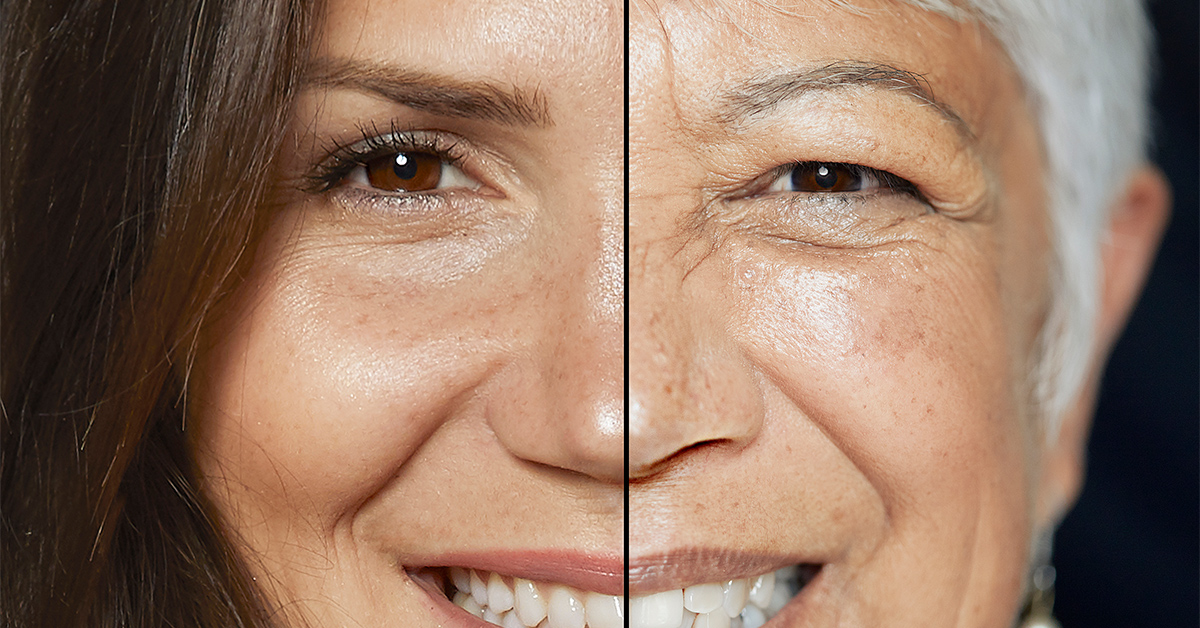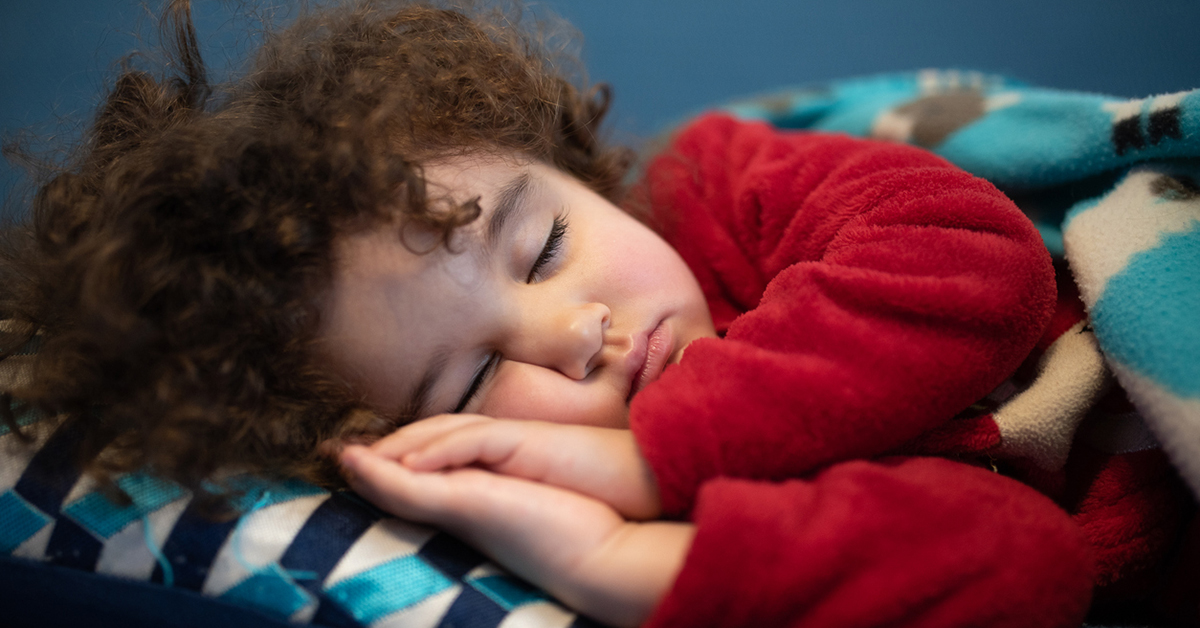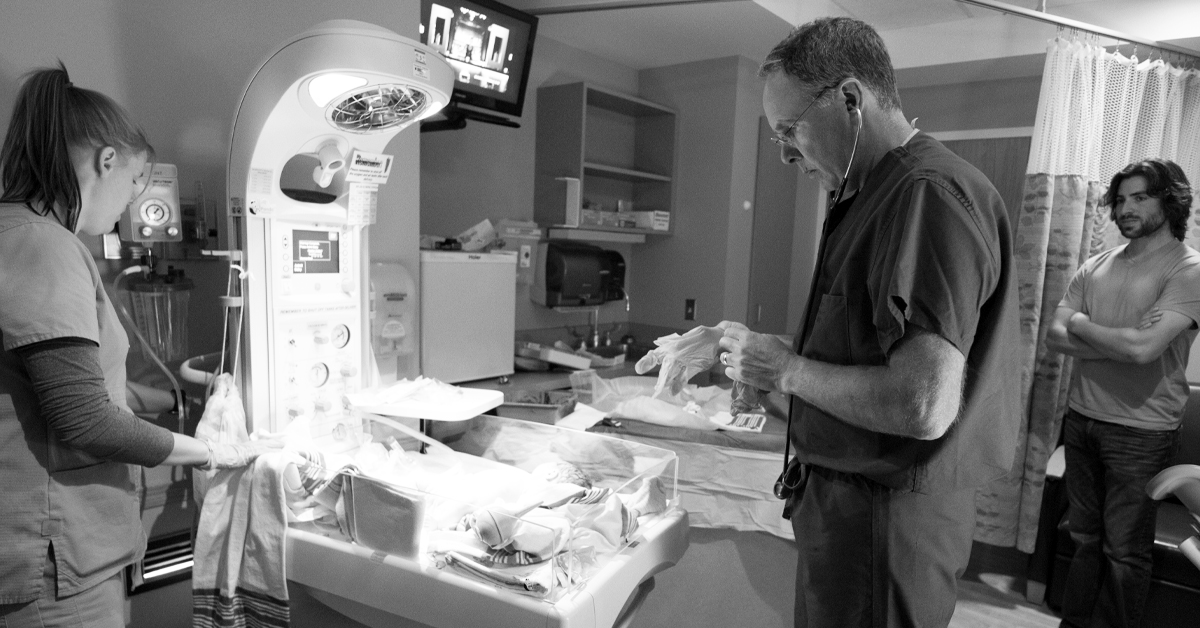Most of us could improve our health habits. We could exercise more and eat less. Drink more water, and watch less YouTube. As adults, we can adjust our habits, making changes to respond to our health considerations—though admittedly, change is rarely easy.
But children do not have that same control over their habits, regardless of their age. They rely on us to shop for groceries, prepare meals, have snacks available, organize their schedules, and set boundaries on screen time. They also need us to set a positive example when it comes to healthy habits. The do-as-I-say-not-as-I-do parental strategy is unfortunately not as effective as we’d like.
So combating childhood obesity is on us, the adults in a child’s life. Sadly, we’re collectively not doing a great job. Childhood obesity rates are at an all-time high.
Most parents underestimate weight issues
Preventing excessive weight gain in young children is critically important, and it’s a task that largely falls on parents. Few toddlers and preschoolers are preparing their own meals! Parents need to recognize early on if their child is overweight or obese so they can start interventions at a young age.
But an April 2019 study showed that 54 percent of parents underestimated whether their child was overweight or obese (see “Parents ‘in Denial’ about Overweight Children”). The research examined existing data from 87 worldwide studies carried out between 2000 and 2018 and included 24,774 children aged 19 and under and their parents.
But parents aren’t the only ones underestimating whether a child’s weight is too high. According to the study’s lead researcher Abrar Alshahrani from the University of Nottingham, “Our study also found a tendency for health professionals to underestimate weight, which suggests that overweight children may not be offered the support they need to ensure good health.”
As health providers, we found this finding critically important: it challenges us to be better about raising any concerns we have about your child’s weight. At Welia Health, we are your partners in health for you and your family. Together we can help instill healthy habits in your family. Here are two tools that we recommend that are focused on combating childhood obesity:
The “5210 Program” – a simple guideline
Researchers at Penn State developed an initiative called 5210 Healthy Children. The program, which the American Academy of Pediatricians endorses, aims to have children:
- Consume 5 fruits and vegetables a day;
- Limit recreational screen time to 2 hours or less per day;
- Engage in at least 1 hour of active play; and
- Drink 0 sugar-sweetened beverages.
The 5210 Program has sparked public awareness campaigns across the country and is often taught in school health classes.
Choose My Plate: A national program
Another helpful resource to help educate parents and children about food choices is “Choose My Plate.” The U.S. Department of Agriculture initiative has similar aims as the 5210 program: to encourage children to eat more fruits and vegetables, to “re-think their drink,” and to be more active. Children can pledge to be a “MyPlate Champion,” which is a promise to eat healthily and be active every day. The “MyPlate Champion” website, aimed at kids, recommends that children:
- Eat more fruits and veggies and make half their plate fruits and vegetables every day.
- Try whole grains and ask for oatmeal, whole-wheat bread, or brown rice at meals.
- Re-think their drink or drink fat-free or low-fat milk or water instead of sugary drinks.
- Focus on lean protein, so protein foods like beans, fish, lean meats, and nuts.
- Slow down on sweets and eat sweets just once in a while and in small amounts.
- Be active their way and find ways to exercise and be active for at least 1 hour a day, like walking to school, riding a bike, or playing a sport with friends.
Model healthy eating and healthy habits
These recommendations also work well for adults, too. But they’re particularly important messages to send to the children in our lives. Children tend to model our eating behaviors, so take a moment and make sure you are eating as healthily as you can. After all, your good habits will help them establish their own good habits. Healthy eating today goes a long way to help maintain a healthy weight tomorrow.
We’re here to help
If you’re concerned about your family’s nutrition, please contact Welia Health’s Nutrition Services. For concerns related to your child’s weight, please contact their pediatrician or family medicine provider. Please note that children should not be placed on a weight reduction diet without the consultation of a health care provider.














